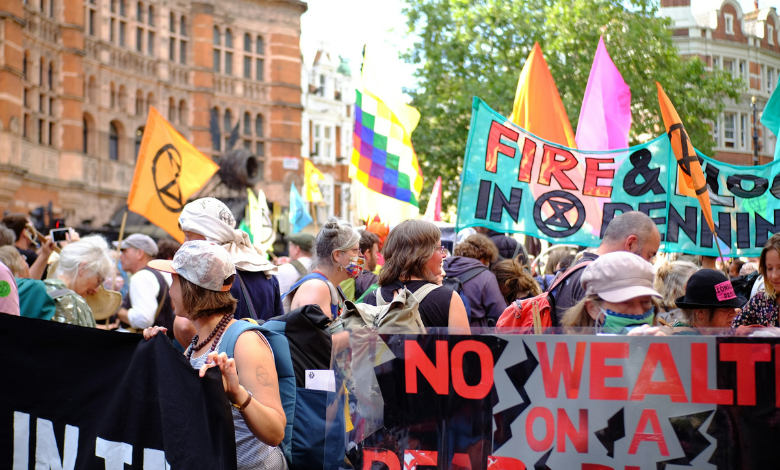At COP29 Baku, A New Era of Unified Climate and Health Action Begins

WHO asks world leaders at COP29 to move away from the isolated approach to addressing climate change and health by launching a technical advisory on Healthy Nationally Determined Contributions and a special report on climate and health. In order to save lives and ensure better futures for both current and future generations it emphasizes how crucial it is to place health at the center of all climate agreements, strategies, policies and action plans.
Dr Tedros Adhanom Ghebreyesus of WHO Director-General said, “The climate crisis is a health crisis, which makes prioritizing health and well-being in climate action not only a moral and legal imperative but a strategic opportunity to unlock transformative health benefits for a more just and equitable future. COP29 is a crucial opportunity for global leaders to integrate health considerations into strategies for adapting to and mitigating climate change. WHO is supporting this work with practical guidelines and support for countries.”
The COP29 special report on climate change and health which was created by WHO in cooperation with more than 100 organizations and 300 experts emphasizes the importance of policies in three linked parameters: people, place and planet.
In order to protect everyone, especially the estimated 3.6 billion people who live in regions which are most vulnerable to climate change, the report set forward important measures.
The report emphasizes that progress depends on governance which includes health into climate policymaking and climate into health policies.
Among the report’s main suggestions it includes, In order to encourage people-centered adaptation and resilience, make human health and well-being the primary indicator of climate success.
Eliminate support for fossil fuels by shifting economic structures to prioritize sustainable, clean alternatives that lower carbon emissions and pollution.
Gather funds for climate-health projects to build adaptable health infrastructure, support personnel, and build health systems.
Invest in proven methods like renewable energy and heat-health warning systems, which might save around 2 million lives a year and provide $4 in benefits for every dollar spent.
Emphasize the health benefits of cities by supporting durable housing, renewable energy, sustainable urban planning, and better sanitation.
For the health benefits of clean air, water and food security, boost biodiversity and environmental safeguards.
Dr Maria Neira who is a director of Environment, Climate Change and Health in WHO said, “Health is the lived experience of climate change. By prioritizing health in every aspect of climate action, we can unlock significant benefits for public health, climate resilience, security, and economic stability. Health is the argument we need to catalyze urgent and large-scale action in this critical moment.”



